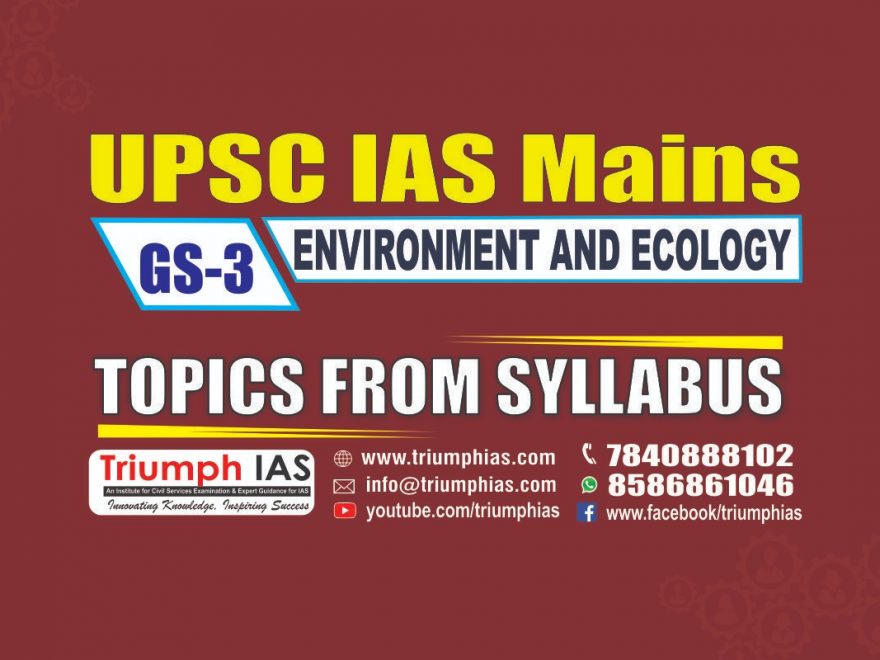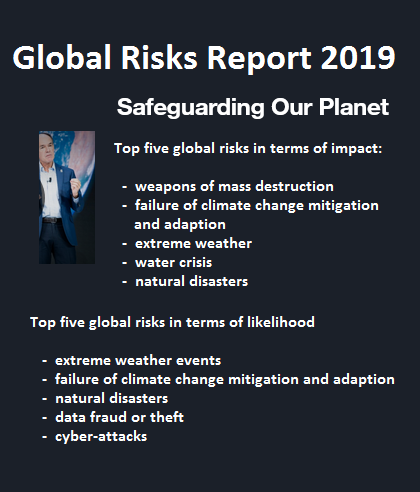Relevance: Prelims/Mains: G.S paper III: Environment
A recently released report flips this belief on its head. A pan-India survey commissioned by the Mahindra Group in 2019 – set to be published later in 2020 – revealed that four out of five Indians are aware of the impact of their actions on nature and climate change, while 83% expressed ‘interest’ in making lifestyle changes such as carpooling, using public transport or electric vehicles and 70% claimed to be informed about the environmental issue of water conservation.
Such awareness and good intentions are not, however, matched by actual behaviour. Although the number of individuals willing to purchase green products and lead a greener life has increased a lot in the past few years, there is little evidence to suggest that the purchasing of green products has increased by much.
Despite concern for the environment and a generally positive attitude towards sustainability and green products, only a quarter of the respondents can find suitable alternatives that help them lead a greener life. While 88% of the respondents believe it is the lack of affordable eco-friendly alternatives that prevents them being more environmentally considerate in their daily lives, 89% believe that they would be able to address climate change more actively if companies offered them alternative solutions. The study reveals that the biggest barrier to sustainability is no longer consumer awareness or attitudes – the challenge lies in the availability of alternatives that are sustainable, viable and affordable. This is what makes sustainability the biggest business opportunity for this generation.
If alternatives are to be made available to help people adopt a low-carbon lifestyle, then they must have access to renewable energy, there must be alternatives to plastic, homes must be designed to leverage natural sources of light and energy, appliances must be energy-efficient, electric mobility options must be abundant, and cities must be designed to enable the use of public transport. In short – people must have alternatives if they are to lead a life that is not carbon-intensive. The pursuit of ‘alternativism’ is a key solution to the climate problem.
But alternativism is not only about adopting solutions when they are available; it is also about adopting practices that are already available. It is about turning lights off when illumination is not required, about turning off taps – and using water-efficient taps – to prevent wastage, installing dual-flush systems, ensuring that clothes are used and not just kept in the wardrobe, recycling old clothes, not wasting food, actively looking for and using alternatives for plastic, segregating waste at home, not littering public spaces, using public transport wherever possible, driving less, hiring electric vehicles wherever possible, and so on. As you can see, each of us can do a lot right away.
This is not to say that new low-carbon solutions are not required. Flexible solar films, powerful and low-cost batteries, easy ways of using hydrogen, bio-fuel, net-positive buildings, and alternatives to conventional plastic are just some of the solutions waiting to happen. The survey shows that people are ready to adopt new solutions – and we can build momentum right away by nudging people towards adopting the solutions that are already available. Maybe then we won’t have to venture into the territory of changing food habits to keep the global average temperature rise below 1.5˚C.
For more such notes, Articles, News & Views Join our Telegram Channel.
https://t.me/triumphias
Click the link below to see the details about the UPSC –Civils courses offered by Triumph IAS. https://triumphias.com/pages-all-courses.php


